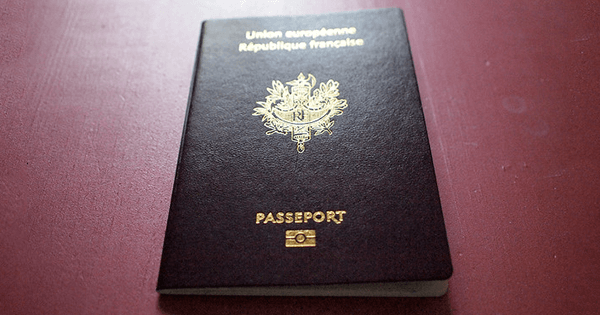
During the past three years that I’ve been a father, I’ve come to experience personal identity as a remarkably fluid and complex thing. When it diverges from your own, the identity of your children can, much like that of your parents, fundamentally (re)shape your sense of self. I am viscerally attracted to France, having lived here on and off for almost half my life. I have often felt more at home and more in sync with the unspoken cultural shorthands in Paris than I ever did in the suburban New Jersey of my childhood and adolescence.
But I have never felt more French than I have over the past year and a half. The attacks last January on a satirical magazine I don’t even like unleashed a spasm of terror that has yet to subside, as evidenced by this summer’s massacre along the sea walk in Nice. Perhaps it’s dramatic—it’s admittedly quixotic—but I have never actually wanted to be French until I realized it was an orientation toward the world, my daughter’s and increasingly my own, that others would doggedly wish to efface. I hadn’t ever thought about applying for citizenship—a spousal visa is like a green card, providing all the rights you could need besides the vote—but I am now tempted to do so. I was fine as a tourist, an expat, an immigrant, perhaps even an émigré, but citizen, or countryman, sounds better, more accurate now. It’s an infinitesimal gesture of solidarity, no doubt, but life is made meaningful out of even smaller things.

